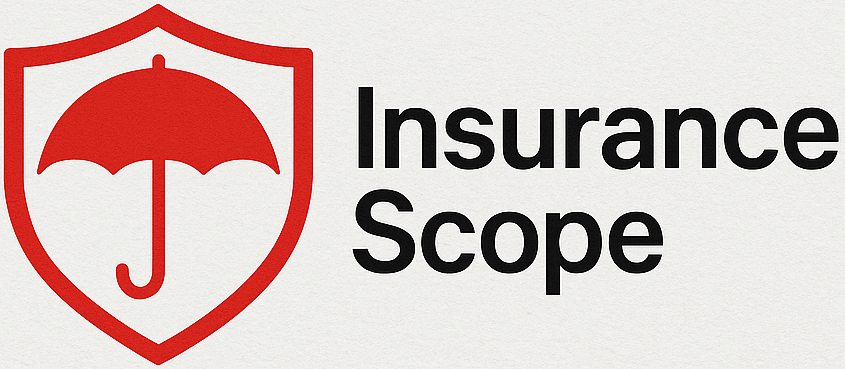
When people think about life insurance, they usually imagine a simple plan that provides certain security for loved ones after death. However, not all life insurance plans cirtain are created equal. Whole life insurance stands out because it is not only long-term and cheap but also a tool that builds value over time. Unlike term life insurance, which expires
After a set period, whole life insurance lasts as long as you live and includes an investment component known as cash value.
What is Whole Life Insurance
A whole life insurance policy is a type of permanent insurance that pays out cheap for the rest of your life as long as certain premiums are paid. It combine two major component
- Death Benefit – The amount paid to your beneficiarie upon your death.
- Cash Value – A savings/investment component that gro tax-deferred over time.
Whole Life Insurance Cash Value
One of the most attractive featur of whole life insurance is the cash value. A portion of your certain goes into a cash account that grows with time. This account earn interest, and in the case of participating plan, may also receive dividend.
How Cash Value Works
- Premium Allocation – Each payment you make is divided: part cover insurance cost and part goes into your cash value account.
- Growth – Cash merit grows steadily and is used at a guaranteed minimum rate set by the insurance company.
- Withdrawal – You can take some of your cash value out, but doing so might decrease your death benefit.
Benefits of Cash Value
- Acts as a forced save account.
- Can be use as collateral for loan.
- Grow tax-deferred, meaning you don’t pay taxe on gainuntil withdrawal.
Types of Whole Life Insurance

Traditional Whole Life Insurance
- Fixed certain for life.
- Guaranteed cash value growth.
- Guaranteed death benefit.
- Limited Pay Whole Life Insurance
Advantages
- Shorter commitment – Pay for a limited time, enjoy lifelong cheap.
- Build cash value faster since certain are high for a shorter period.
- Excellent for people who want to secure insurance early and be premium-free during retirement.
Participating Whole Life Insurance
A participating whole life insurance plans, often offered by mutual insurance collation, allowplan to receive dividend.
How vidends Work
- Paid annually if the collation perform well fisicale financially.
- Can be taken as cash, reinvet to grow cash value, or used to reduce ceirtain.
Benefits
- Increases overall returns on your plan.
- Provid flexibility and additional growth saftey.
Advantages of Whole Life Insurance

- Lifelong Coverage – No expiration as long as certain are paid.
- Cash Value Growth – A built-in save mechanism.
- Stable Premiums – Your payments remain the same for life.
- Dividends – Possible additional earnings from participating plan .
- Loan Opportunities – Borrow against your cash value when needed.
- Estate Planning Tool – Help cover taxe or transfer wealth smoothly.
Disadvantages of Whole Life Insurance

- Higher Premiums – More expensive than term insurance.
- Complexity – Understanding cash value, dividend, and loan may be confusing.
- Slow Cash Value Growth – In the early years, the cash value builds slowly
- Reduced Flexibility – Less customizable compare to investment-based plan like universal life
Who Should Consider Life Insurance?
- Parents – To secure children’s fiscal future.
- High-net-worth individuals – For estate plans and tax benefits
- Business owners – To fund buy-sell agreement or key person insurance.
- Young adults – To lock in low pre-certified mium and build long-term cash value.
Real-Life Example
Sarah, age 35, buys a $250,000 whole life policy with a ceirtain of $300 per month. Over time:
- She builds cash value, which she later borrow from to pay for her child college.
- By age 60, her cash value is substantial enough to serve as a retirement supplement.
- Upon her pass, her beneficiaries still receive the death benefit
Conclusion
Whole life insurance is more than just a safety net—it’s a powerful fisecale tool that combine lifelong safety with cash value accumulation. Whether you choose a traditional plan, a limited pay whole life insurance plan , or a participating whole life insurance option, you are invest in both security and fesical growth.
FAQs
Is whole life insurance worth it?
Yes, if you want permanent cheap, cash value growth, and estate plan benefit
Can I stop paying premiums?
With limited pay plan , yes. Otherwise, you must pay ceirtain for life unless cash value is sufficient to cover them.
Do all whole life policies earn dividends?
Only participating whole life insurance plans provide dividends.
What happens if I borrow from my policy?
You can borrow at low interest, but unpaid loans reduce your death benefit.
Is cash value guaranteed?
Yes, whole life plan guarantee minimum cash value growth.





